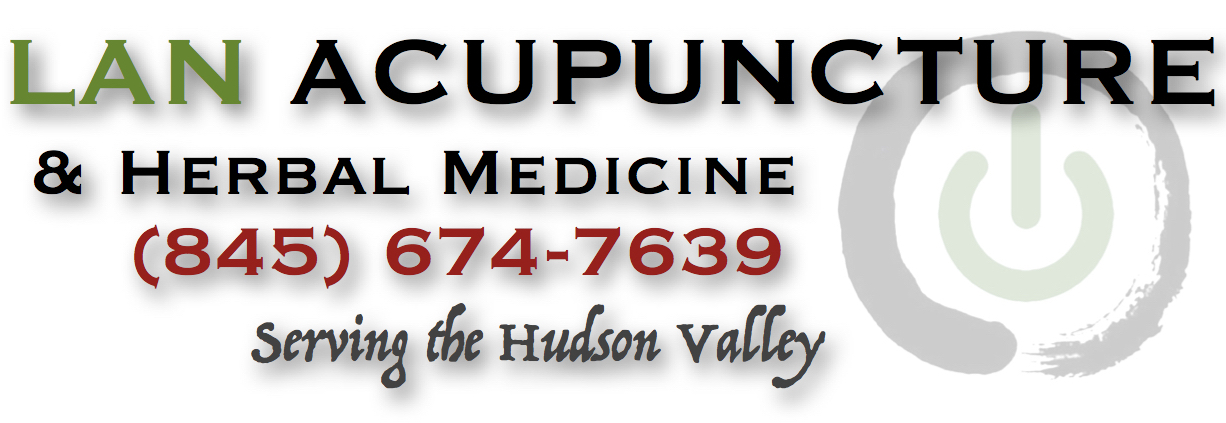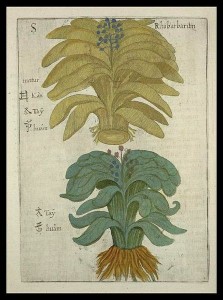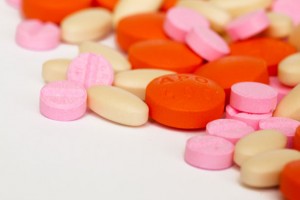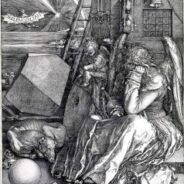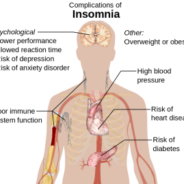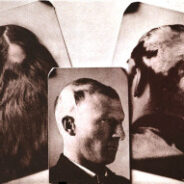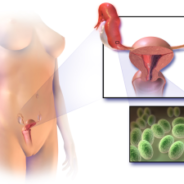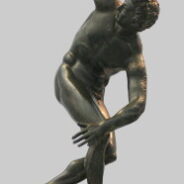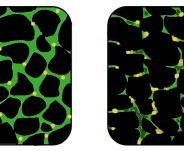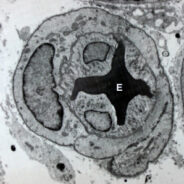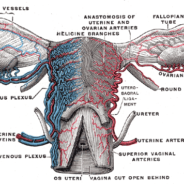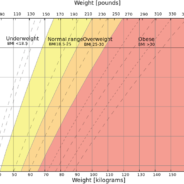1. What is the difference between Chinese herbal medicine and
pharmaceuticals?
2. What is the Difference between Chinese and western herbal
medicine?
3. How long do I need to take herbal medicine
4. When do I take my herbs?
5. Will Chinese herbs conflict with my Western medicine?
1. What is the difference between Chinese herbal medicine and pharmaceuticals?
There are some important differences between Chinese herbal medicine and prescription or over-the-counter western drugs. Since many people in the U.S. are unfamiliar with Traditional Chinese medicine (TCM), it is important to point out some of the basic general differences between Chinese herbal medicine and western drugs:
Importantly, Chinese herbal medicine has few or no side effects. Unlike western drugs, Chinese herbal treatments are taken in a whole food form. For example, teas are decocted from whole roots, stems, and leaves and capsules are filled with crushed whole food material. Western medicine is made by locating active chemical compounds and creating medicines from these compounds. When reduced to its chemical fundamentals, pharmaceuticals have a high potential for side effects. When used appropriately, Chinese herbal treatments will cause no side effects as long as they are used in their whole food form. Research in China has shown that when reduced to their active chemical compounds, Chinese herbal treatments will also cause side effects. This is one reason why TCM practitioners continue to use whole food forms of treatments. Because TCM treatments have not been reduced to their active compounds, they must be consumed in larger quantities and more frequently than most Western pharmaceuticals. They also a broader therapeutic window.
For certain kinds of health conditions, it is necessary to treat with formulas that work by clearing unwanted elements from inside the body. For example, when treating certain skin conditions, the symptoms may become worse before improving because pathogens are being eliminated. Diarrhea is another way that toxins may be cleared from the body. These are neither side effects nor a ‘healing crisis’, because they are necessary to the recovery process. Ask me if you can expect any such reactions.
back to top
2. What is the difference between Chinese and western herbal medicine?
Chinese formulas almost always contain a number of different herbs. Many people familiar with occidental herbal medicine think of herbs as they do western pharmaceuticals; a single herb is good to treat a single disease. For instance, echinacea is good for colds. In TCM, single herbs are rarely used. Formulas may contain as few as two and as many as 15 or more different herbs. In combinations, the individual herbs have different roles. Some may augment or limit the potency of others. Some may concentrate on one specific area of the body whereas others work on a different area. Through thousands of years of practice and research, TCM practitioners have found formulas to be the most effective, most powerful, and safest way of using herbs.
back to top
3.How long do I need to take Chinese herbal medicine?
No treatment lasts forever, according to TCM principles. No treatment, even herbal treatment, is appropriate for continuous use. With western drugs, it is not uncommon for individuals to take certain medications indefinitely. For example, a person with thyroid problems may take Synthroid, a thyroid medication, his entire life. A person with chronic back pain may take Tylenol for years and years. In TCM, a person takes a set of formulas for a limited period of time. This is why TCM practitioners will see their patients regularly (every one to four weeks is common practice). When the patient no longer feels improvement or his practitioner no longer finds improvement in his tongue, pulse, and nails, the herbs will be changed. The first set of formulas has done its job and it is time to move on to the next layer of the problem. When the person’s underlying condition is treated, she will no longer have symptoms and treatment is completed. At that point, there is no longer a need to take herbs. The purpose of treatment is not to control symptoms, but to restore balance to the body. Once balance is restored, the complaints will disappear and there is no longer any need for treatment. The duration of treatment varies depending on the nature and severity of a person’s complaints, how long she has had the complaints, and how quickly her body responds to treatment. Depending on your complaints and condition, you may notice a difference in as few as two or three days. In general, the more chronic a condition, the longer it will take to address it to completion.
back to top
4. When do I take my herbs?
It is best to take herbs at least half-an-hour before or after meals. If you also take western pharmaceuticals, vitamins, or other herbs, it is best to take these at least two hours apart from your Chinese herbs.
back to top
5. Will Chinese herbs conflict with my western medicine?
In most cases, there is no conflict between these two kinds of treatments. It is always best to let me know what medications you take. Please include this on your intake form prior to our first appointment.
LAN Acupuncture & Herbal Medicine
New Windsor, NY
(845) 674-7639
Acupuncture Plus Herbs Alleviate Depression
Acupuncture plus herbs alleviates depression. Funing County People’s Hospital researchers conducted a randomized clinical trial comparing the efficacy of acupuncture plus herbs with medication therapy. The Traditional Chinese Medicine (TCM) therapy group receiving acupuncture plus herbal medicine had a 93.3% total effective rate. The pharmaceutical medication group achieved a 70% total effective rate. Sixty patients were randomly divided into a TCM group and a drug therapy group. The Read more...
read moreAcupuncture and Herbal Medicine Vanquish Insomnia
Researchers document that acupuncture and herbs are effective in the relief of insomnia. In a recent finding, investigators have discovered that combining acupuncture and herbs into a comprehensive treatment regimen greatly enhances the total effective rate. The controlled clinical experiment investigated three separate groups. An acupuncture group, an herbal medicine group, and a combination group receiving both acupuncture and herbs were compared. Acupuncture was administered at a rate of one Read more...
read moreHerbal Medicine and Acupuncture for Alopecia
Researchers conclude that acupuncture combined with the herbal formula Huoxue Shengfa is safe and effective for alleviating alopecia areata. This condition is a type of hair loss typically characterized by round bald patches. In recent clinical experiments, 62 outpatient cases with alopecia areata were randomly and evenly distributed into a treatment group and a control group. The treatment group was treated with acupuncture combined with Huoxue Shengfa decoction. The control group received Read more...
read moreHerbs and Acupuncture for Insomnia
Researchers find acupuncture combined with herbal medicine effective for the treatment of insomnia. A randomized-controlled study of 200 patients, published in the Clinical Journal of Chinese Medicine, investigated the efficaciousness of TCM (Traditional Chinese Medicine) herbal formulas combined with a protocolized acupuncture point prescription.Acupuncture, as a standalone therapeutic modality, achieved a total effective rate of 85%. The combined herbal and acupuncture therapeutic regimen Read more...
read moreHerbal Medicine and Acupuncture Treat Pelvic Inflammatory Disease
Acupuncture combined with Chinese herbal medicine cures pelvic inflammatory disease (PID). This disorder is an infection of the female reproductive organs and may present as an acute emergency or a chronic illness. PID commonly involves infection of the uterus, fallopian tubes, or ovaries. In many cases, bacteria from the vagina or cervix transmits to these regions leading to PID. Gonorrhea and chlamydia are major causes of this disorder but there are many other causes including infections following Read more...
read moreAcupuncture and Herbs Restore Motility
Acupuncture and herbs restore motility for patients with motor impairments due to sports injuries. Researchers from the Physical Education Institute at Zhengzhou University investigated the effects of Traditional Chinese Medicine (TCM) style acupuncture and herbs on amateur and professional athletes suffering from motor impairments due to the demands of physical training. The researchers concluded that restoration of motility is significant as a result of applying acupuncture and herbs. However, Read more...
read moreTui-Na and Acupuncture for Muscular Dystrophy
Acupuncture and Traditional Chinese Medicine (TCM) improves patient outcomes for patients with Duchenne muscular dystrophy (DMD). Researchers from Zhengzhou Children’s hospital combined acupuncture, far infrared therapy, TCM tuina massage, herbal medicine, and drug therapy into a protocolized regimen of care. The combined therapy delivered significant results including reduced physical impairments and improvements in both walking and staircase climbing. In addition, significant reductions Read more...
read moreAcupuncture & Herbs Effective For Cerebral Vasospasm
A recent study reveals that acupuncture has a curative effect on patients with cerebral vasospasm. This is a severe vasoconstriction of arteries and is located in the subarachnoid cavity covering the brain. The vasospasm decreases blood flow to the area and may cause ischemia, infarction, stroke and death. This new research demonstrates that combining acupuncture, herbal medicine and pharmaceutical medication together is significantly more effective than using only drugs. During a randomized Read more...
read moreHerbal Medicine and Acupuncture Better than Drugs for Fallopian Tube Infertility
Acupuncture and herbal medicine outperformed drugs for the treatment of infertility due to fallopian tube obstructions. Researchers at the Maternal and Child Care Service Center of Puyang City (Henan) conducted a randomized controlled study of 200 patients with fallopian tube obstruction related infertility. Pregnancy rates were measured for the drug group and the acupuncture combined with herbal medicine group at 3, 6, 12 and 24 months after completion of treatments. The acupuncture and herbal Read more...
read moreHerbal Medicine and Acupuncture for Weight Loss
Chinese herbal medicine and acupuncture demonstrate efficacy in promoting weight loss and body mass index (BMI) improvements. A new report on the endemic spread of obesity reveals significant evidence that acupuncture and herbs synergistically enhance fitness and dietary modification programs for the purposes of reducing excess body fat. The report highlights research demonstrating that a special herbal formula called RCM-104 promotes weight loss safely. We’ll take a look at the ingredients in Read more...
read more